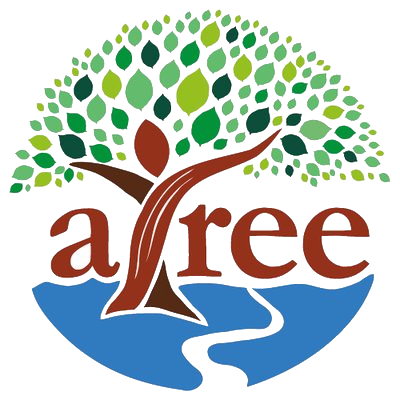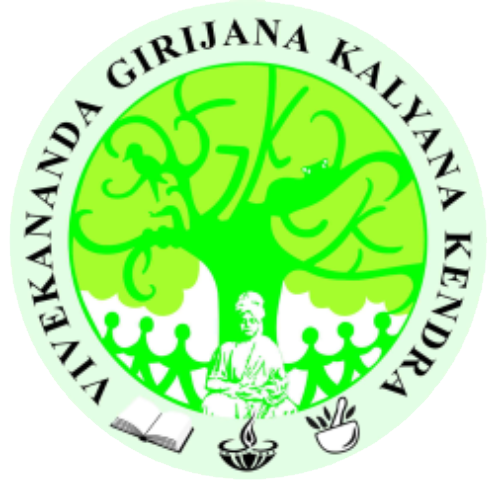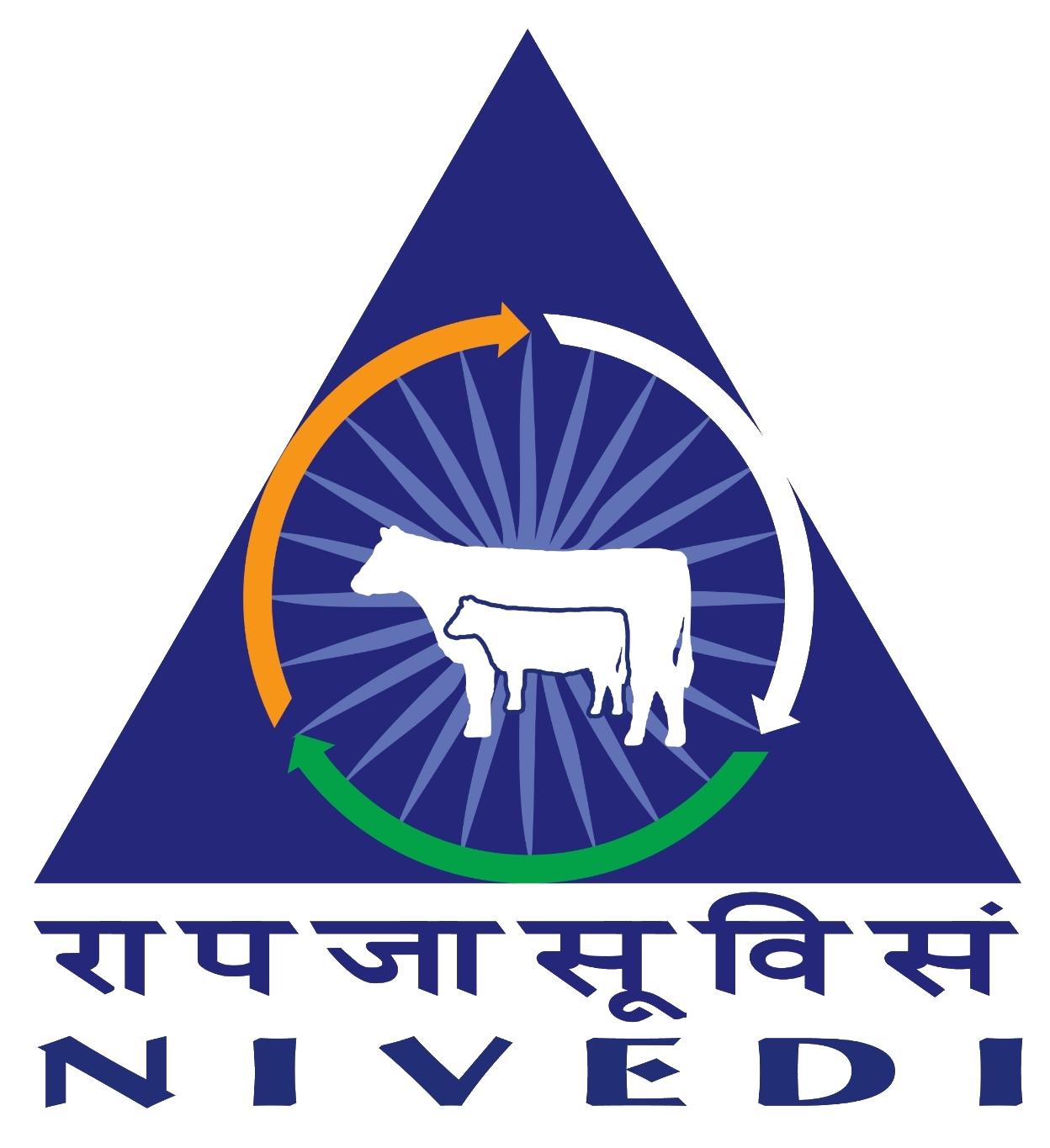Ashoka Trust for Research in Ecology and the Environment (ATREE) is a global non-profit organisation which generates interdisciplinary knowledge to inform policy and practice towards conservation and sustainability.
For over two decades, ATREE has worked on social-environmental issues from local to global policy levels. ATREE envisions a society committed to environmental conservation and sustainable and socially just development.
Our mission is to generate rigorous interdisciplinary knowledge for achieving environmental conservation and sustainable development, to enable the use of this knowledge by policy makers and society, and to train the next generation of environmental leaders.
To deliver on our mission, we work across issues like biodiversity and conservation, climate change mitigation and development, land and water resources, forests and governance and ecosystem services and human well-being.





